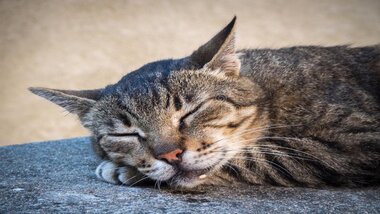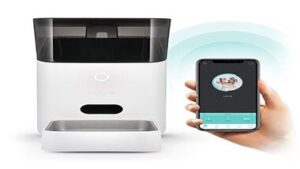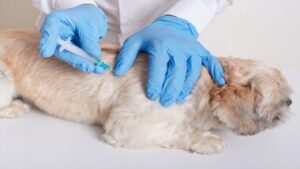When compared to dogs, cats rarely drool. So it becomes a significant cause for concern when your kitten suddenly becomes a water fountain. However, this isn’t to rule out the wet spots you might get occasionally. Occasional drools are considered normal for cats. It only becomes a problem when it is excessive (Hypersalivation) and more frequent and should take to a veterinarian.
When it comes to issues relating to health, nothing beats early detection. But this can only be achieved if you know the clear signs to look out for.
– If your cat drooling and vomiting, you have to go to the nearest veterinarian, because that may happen due to kidney, or liver diseases- If your cat drooling while sleeping, check the nostril airway because if it is closed, the cat will breathe from its mouth, which makes it drools. Otherwise, proceed reading this article for further information.
So if your cat has been drooling (salivary) lately, these could be why:
Dental Disease
Several dental problems like mouth ulcers, cavity, tooth decay, tooth injuries, and gum diseases can lead to excessive production of saliva in cats (excessive salivation).
Routine checks with your vet would help identify the cause of the problem and provide an adequate solution.
Respiratory Problem
Symptoms of respiratory disease include deep lacerations in the mouth, which may trigger sedentary cat behavior and increased saliva flow. Difficulty in breathing often results in shortness of breath and a noticeable slightly open mouth in cats, which stimulates drooling.
If this frequently occurs in your cat, you should schedule a visit with your vet.
Accidental Poisoning
When a cat accidentally eats something toxic like pesticides or a chemical substance, there is an excessive saliva production. Similarly, when a foreign body like a string, grass, or stuck bone in its throat, salivation would be stimulated. That is a common reflex reaction the body uses to remove foreign substances.
Until removing the foreign body, drooling will most likely persist. Usually, this is temporary and doesn’t last for long. If it is a case of stuck bone, you can help get it out. However, you should seek professional help if you are unsure of the foreign material or how far it has gotten.
Fear, Stress, and Anxiety
If you notice your cat panting or acting peculiar during car rides, it could be that it is suffering from motion sickness. A tired, worried, or anxious kitten is more likely to drool than one that isn’t. Ample notice of events that precedes drooling would give you a close diagnosis. Does it occur during or shortly after vet visits?
You should try short neighborhood drives. Did you recently alter its routine? You may consider giving it time to get into a habit. Perhaps it has to do with the litter. Try to make it more comfortable. Whatever the cause is, identifying it would help you to make necessary adjustments.
Nausea
Cats are known to be best at concealing ailments. Therefore it is not strange to find your cat unwell but acting normal. Causes of nausea can be traced to chronic disorders such as kidney disease, liver infection, and gastrointestinal problems. Poor appetite is regarded as a symptom as well. So if your kitten is not eating, it could be a sign that it is seriously sick. Frequent vomiting often results in drooling, and it is a strong indication that your cat is unwell. So when you notice this symptom in your feline does well to contact your vet immediately.
Although, sometimes drooling can be perfectly normal behavior in cats wildly when purring or while sleeping. At other times it signals an underlying health condition, one that could be life-threatening if immediate actions are not taken.




